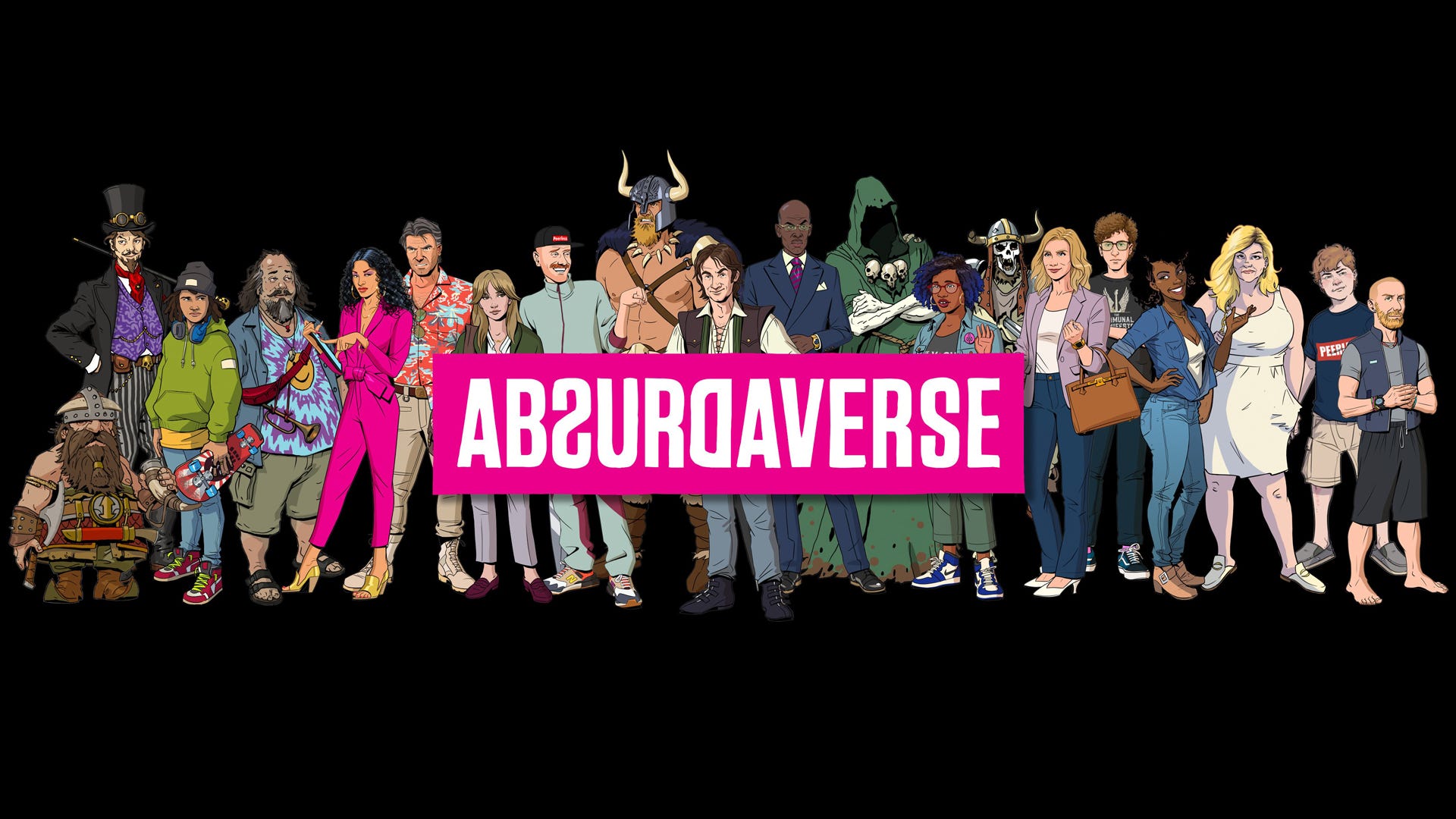Giving Up a $250,000 Salary to Retire Early Is Hard
We make a large salary, and we're retiring in our 40s later this year. Here are my biggest fears and most rational thoughts about it. The post Giving Up a $250,000 Salary to Retire Early Is Hard appeared first on The White Coat Investor - Investing & Personal Finance for Doctors.

 By Dr. Erik Hofmeister, WCI Columnist
By Dr. Erik Hofmeister, WCI ColumnistMy wife and I are set to retire in July 2025 at the ages of 43 and 47, respectively. Our combined salaries have been around $250,000 for more than five years now. We like our jobs. We are in our peak earning years. We’re going to walk away from that amount of money forever because we want to spend more time on our health, hobbies, and socializing with friends and family. It’s scary to think about. Let’s first examine the fears of retiring this early and then the rational thoughts we use to balance them.
The Fears of Giving Up Our Salaries in Retirement
Fear #1: What If We Don’t Have Enough?
It’s easy to go to a job and get paid and not have to really worry about money. We spend less than 50% of our income, so there’s plenty of money to go around. If we have to pay an unexpected medical bill or have to buy a new car or a trip is more expensive than we planned, we can easily cash flow it. Once we don’t have our jobs, we’ll only have our assets to support us. What if it’s not enough, or unexpected things happen and deplete our assets too rapidly?
Fear #2: What If Everything Goes to Hell?
When the pandemic happened, it was sure nice to know I was still collecting a paycheck. What if political instability happens? What if a war starts? What if the market crashes like it did leading to the Great Depression? Having a job is a decent hedge against instability—you keep getting paid regardless of market performance.
Fear #3: What If We Get Bored and Regret the Decision?
We have jobs we really like right now that afford us a very high quality of life and a good work-life balance. We’re married academics—finding jobs in the same town is often impossible. If we want to go back to full-time work, it’s unlikely we could find jobs we like as much as the ones we have now.
Fear #4: What If One of Us Gets Really Sick or Disabled?
Our health insurance and employer-based support systems are incredible. If one of us requires significant disability support, can we actually cover that expense with our assets? If one of us gets really sick and requires years of expensive medical care, can we really cover that with our not-so-great ACA policy? Our meager mid-five-figure HSA will be rapidly wiped out in such an event.
Fear #5: How Will I Replace Everything I'm Accustomed To?
I’ve never been outside an academic system; how will I manage all kinds of things? Our phones have been provided by our employers for years. We have an IT department. I have an office printer. My computer and laptop are routinely replaced. We can easily get medical supplies and provide routine care for our pets ourselves. I have an institutional Zoom account I use daily. My institution pays for my yearly medical society memberships, statistical program licenses, and CE (often with travel!). We have a gym in the hospital basement I can use whenever I want for no charge. We have instant access to a large community and a whole university system. How will I replace all of these dozens of intangibles I have never had to think about?
Whew, that was a lot! It was both cathartic to write and terrifying to put it all in one place. OK, I need rational thoughts now to calm down.
More information here:
I’m Retiring in My Mid-40s; Here’s How I’ll Start Drawing Down My Accounts
A Pre-Retirement Financial Checklist
Rational Thoughts on Giving Up Our Salaries in Retirement
Thought #1: We Can Die at Any Time
Although my parents are healthy in their 80s, that’s no guarantee for me. What if I get a terminal diagnosis when I’m 53? Would I rather have spent six years working or six years spending time with my loved ones and enjoying my days as much as possible? Anyone in healthcare has seen disease or accident spring up with no regard to time or convenience. Tomorrow is not guaranteed.
Thought #2: Our Bodies Are Falling Apart
I have been doing martial arts for more than 30 years and social dancing for more than 20 years. My wife has been doing yoga for 25 years, social dancing for 20 years, and martial arts for 15 years. Guess what? In our mid-40s, we no longer want to take the hard falls in hapkido class. In my 30s, I choreographed a swing dance piece to music which was 240 beats per minute (BPM). Nowadays, if I dance a lindy hop swing to a song over 170 BPM, I’m tired. I want to take better care of my body. We did a trial retirement week and did yoga every day, I did heavy weights twice a week, we did a dance hour, and we did a couple of martial arts classes. That schedule is difficult to maintain when I am on clinic duty for 50-60 hours a week.
Thought #3: Our Jobs Have Never Been Our Identities
I’m not one of those people who wanted to be a veterinarian since I was 5. In high school, I had a mentor who was a vet, and I thought, “Sure, I guess I could do that.” My wife also chose her career late in high school. We have numerous activities and friends not associated with our jobs. We don’t crave the acclaim and respect that comes from our jobs. Our social system is not built on our jobs. We will not be bored in retirement.
Thought #4: The 4% Rule Is the Worst-Case Scenario
We will be below the 4% rule (we're planning on spending 3.5%), and we have assets that are more stable than the market. The 4% rule survived the Great Depression and 1960s stagflation, and it seems on track to have survived the dot.com crash and the Global Financial Crisis of 2008. Even Big ERN, who is notoriously conservative based on extensive mathematics in his Safe Withdrawal Rate series, is using 3.25%. We also have a single-family home rental house, a pension (starting at 60 years old), Social Security (probably starting at 62 and 70 years of age), and the continued ability to make money if we want. We hit our “enough” point two years ago. We have more than enough. The money will be fine.
Thought #5: We Will Figure It Out Together
I have always been prone to catastrophizing. My wife told me early in our relationship that if we encounter a problem, we will figure it out together. At the time, I wasn’t comforted, but now I have over 15 years of experience proving her point. We have worked through several difficult situations and catastrophes over the years, and we’ve always figured it out. If one of us becomes paralyzed, we’ll figure it out. If the government collapses tomorrow, we’ll figure it out. We’re smart and resourceful, so I have pretty strong faith in our resiliency. I think anyone who has suffered through a medical residency with their health and mind intact can probably say the same.
As you approach retirement, it’s important to reflect on the feelings it brings up—good and bad. As highly paid professionals, leaving full-time work leaves a LOT of money on the table. It is essential to make sure the good outweighs the bad in that equation. For us, it has slowly tilted toward the good over the few months since we made the decision to retire and set our retirement date. Regularly reminding myself of the rational thoughts has been tremendously helpful.
If you need extra help with planning for retirement or have questions about the best way to save your money in tax-protected accounts, hire a WCI-vetted professional to help you figure it out.
Are you nearing or thinking about retirement? What fears do you have? What rational thoughts are you using to calm yourself?
The post Giving Up a $250,000 Salary to Retire Early Is Hard appeared first on The White Coat Investor - Investing & Personal Finance for Doctors.









![[DEALS] iScanner App: Lifetime Subscription (79% off) & Other Deals Up To 98% Off – Offers End Soon!](https://www.javacodegeeks.com/wp-content/uploads/2012/12/jcg-logo.jpg)




































































